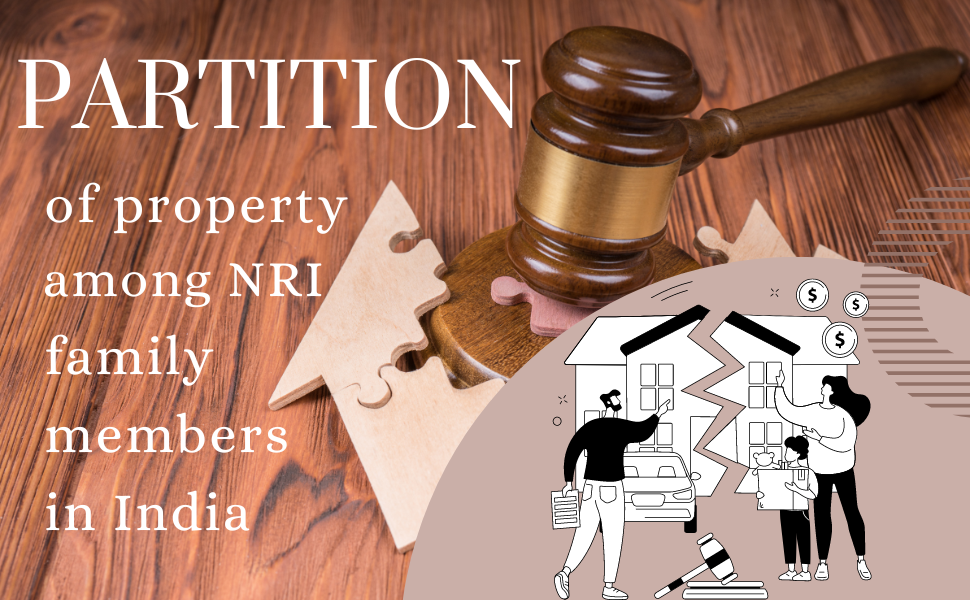The 101’s of Inheritance law in India- All you need to know about property inheritance law
The inheritance law in India is a collective law formulated by both the state, and central government of India. Inheritances can be done based on a will or through succession laws. Religions, societies, and cultural groups have different inheritance laws.
What is the law of inheritance in India?
Indian inheritance law is the right of an individual/legal heir obtaining the debts/property/ rights, or any obligation over the death of a person or under the will.
Obtaining the properties or assets will differ depending on who the legal heir is or what rights they possess over the property or with the nature of assets/property itself.
India is a very diverse country with a lot of religions and practices within the nation. Indian Succession Act of 1925 governs the general laws relating to inheritance for all Indian citizens, except for Hindus, Jains, Muslims, Buddhists, and Sikhs.
The Christians and Parsis follow the general act and Interfaith marriages will be following the Special Marriage Act of 1954. The community of Hindus, Jains, Buddhists, and Sikhs, follow the Hindu Succession Act of 1956, which governs non-testamentary and/or intestate inheritance for them.
Muslims however, have the Muslim Personal Law (Shariat) Application Act of 1937, which applies to them.
In the special scenario, where a foreign citizen needs to inherit the property from India, the respective law of the deceased person/ latter’s religion will be applicable.
NRIs may too inherit any property in India, but they have to obtain a succession certification from the court, in the case where there is no will. If a will is there, it is not required, additionally, they need a death certificate for the deceased.
What is a Will? Why it is important in Indian Inheritance Law?
A will or also known as a testament is defined under the India Succession Act of 1925, it is a legal document or a declaration that indicates the willingness of a person. It may contain details such as the name of the persons, who it is agreed to give up on, or to manage their property/assets upon their death.
An individual who is competent with a rational mind and above 18 years of age is entitled to create a will. Moreover, the probate court does not evaluate the merits of the case, but instead only addresses the validity of the Will at issue.
What is a Legal Heir and Who are They?
In India, a legal heir is a person who is said to be the successor to the deceased person, who has died without making a will or mentioning their legal heir. Legal heirs are therefore individuals who inherit the property of their ancestors either by law or by a will.
Legal heirs are classified, and they vary with the deceased person. Such as the legal heir of a female Hindu is different from a legal heir under Muslim Law. All the legal Heirs are accounted for in the law of inheritance on Indian Acts.
Rights: Property Inheritance Law In India
The basic or primary right of inheritance of the transferral of property/ assets/ debts or any obligations to an individual or legal heir upon the death of a person or with a will. There are several rights accounted for in the law of inheritance in India such as:
- Inheritance rights of Children
- Inheritance rights of Grandchildren
- Inheritance rights of Spouse
- Inheritance rights of Daughter
- Inheritance rights of Adopted Child
- Inheritance rights of Widow
- Inheritance rights Child born in a live-in relationship
As soon as the legal heirs to the deceased's property are determined, they must register for the change of ownership (mutation of the title) for the property/assets. During a mutation, the title of a property is transferred, revising the government records. Legal heirs are free to use, rent, or sell the property as they see fit after acquiring the property.
 Law Credo
Law Credo






